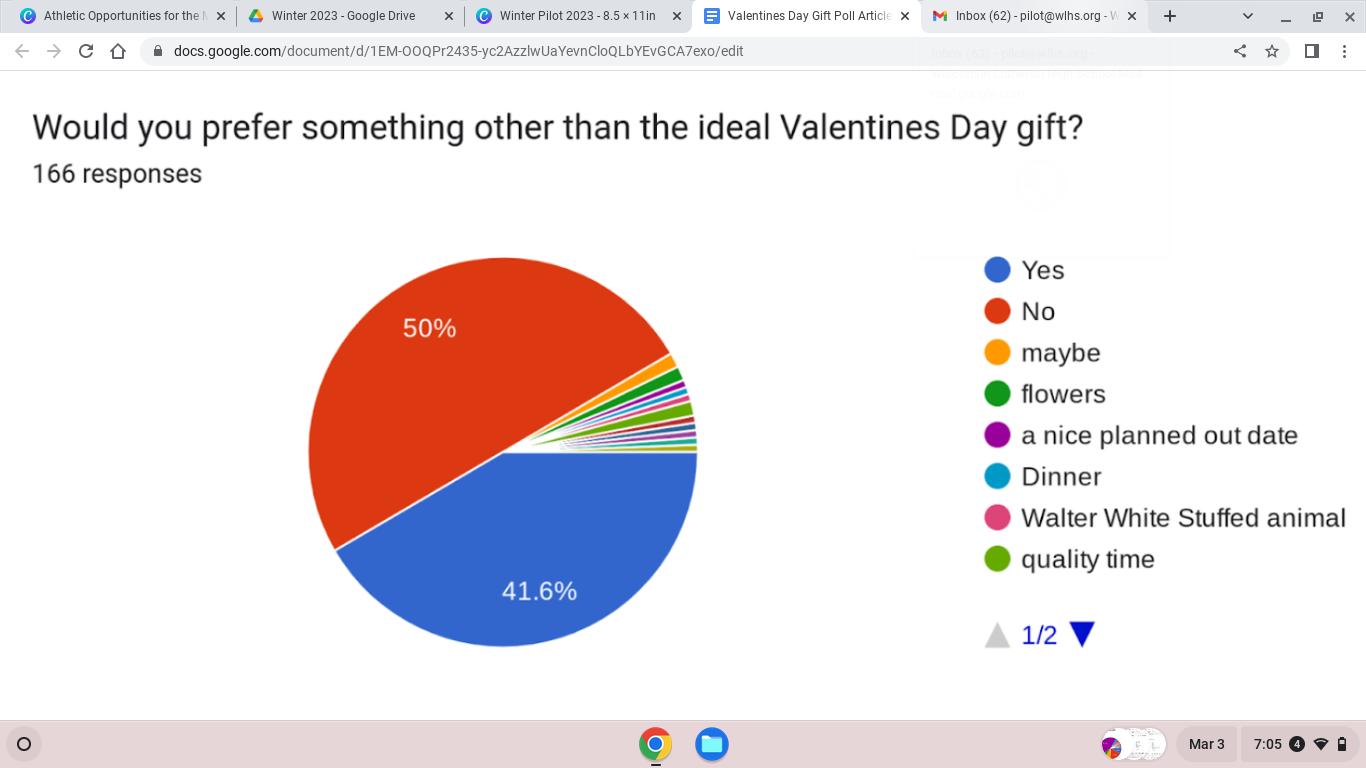
2 minute read
Spotlight on Black History: Angela Davis

by Ryan Parker
Advertisement
Black History Month tends to celebrate a canon of established African American figures, most of whom are very well known in American culture The achievements of MLK’s protests, the black independence espoused by Malcolm X, and the courage displayed by Harriet Tubman are often given special focus While what these people accomplished is beyond important, and their contributions deserve the recognition they’ve been given, black history stretches beyond them The Civil Rights Movement and the abolition of slavery are not the only two events in African American history There have been other pivotal and brilliant black individuals who have been overshadowed, and their greatness has remained hidden from mainstream culture
Many African Americans have taken action against those who sought to preserve their oppression. One such person is Angela Y. Davis, a woman who, on top of reaching for equality for African Americans, also preached for the fair treatment of other oppressed groups by advocating for women's rights, an end to the Vietnam war, and economic justice for the poor and disenfranchised.
Davis’ path to upholding such values of justice and equality stem largely from two places: her childhood in Birmingham, Alabama a city infamous for its anti-black bombings prior to and during the Civil Rights Movement and the Frankfurt School, where she received her college education and learned about the dangers of various forms of oppression.
She took her personal history with racism and the education she gained through her college experience in order to form a unique perspective on the world, one rooted in the importance of both knowledge and action. She presented this to activist groups and to the general public alike, both of whom often accepted them. She did this because, according to her, it’s not enough to know there are problems in the world and not protest them, nor is it enough to protest the problems in the world without knowing what’s causing them and how they may be prevented. On this point she has been unwavering, despite the challenges she has faced for her convictions
The vast majority of such challenges come down to the fact that Davis was active during a time in which being black, being a woman, and wanting major political change were all more difficult than they are now; being all three at once was no easy task. However, Davis refused to give up. Even when her views led her to be hounded by the U.S. media and despised by many, she did not back down. When America finally made some progress in terms of equality with the passing of the Civil Rights Act, she was still not content to just give up her fight for justice and equality and accept what strides towards those ideals had been gained, for she knew that a better society was always possible This commitment to her values continues to be with her to this day. Davis remains constantly attuned to the struggles of oppressed people throughout the world, and she has not stopped fighting for them. She refuses to give up hope for complete and utter equality, even if it means facing challenges in order for the goal to be achieved As she puts it, “freedom is a constant struggle ”









